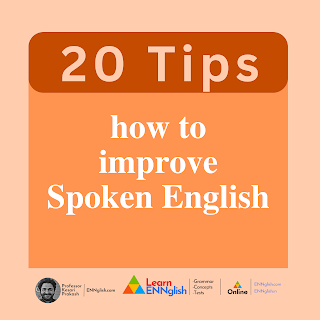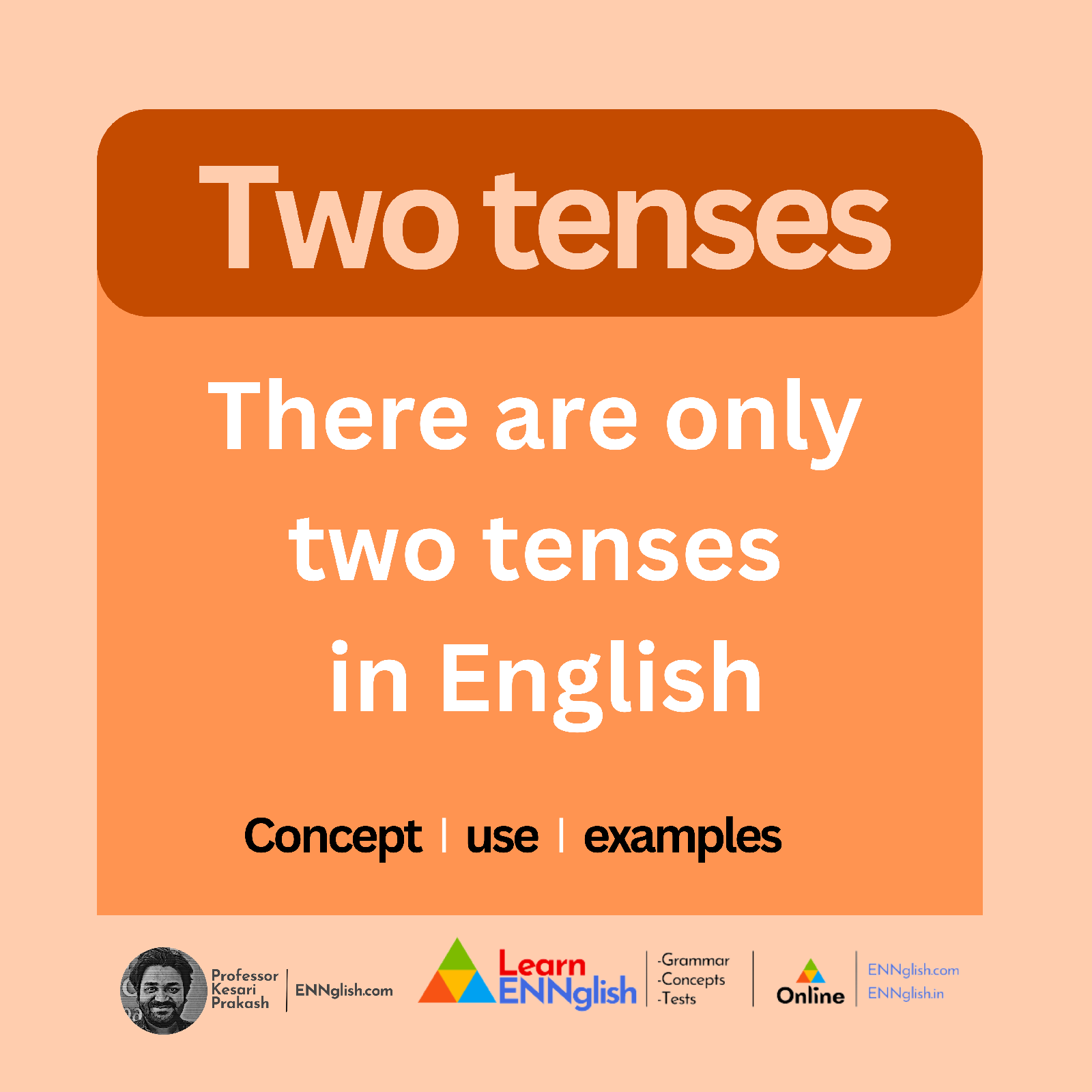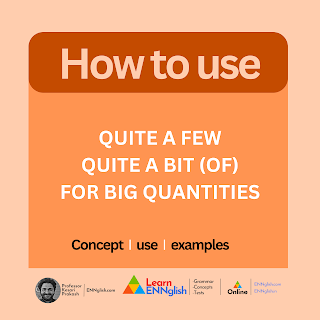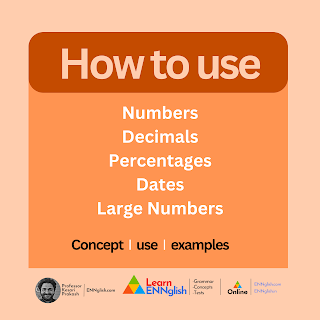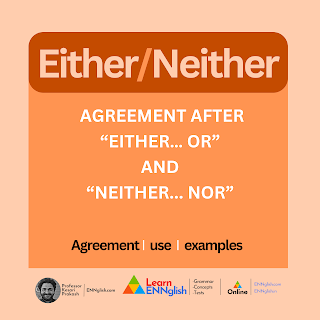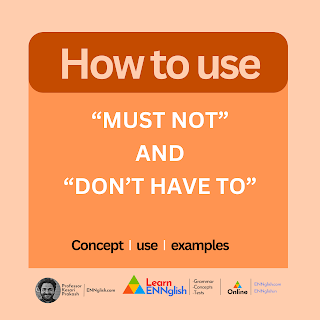Tag and Short Questions
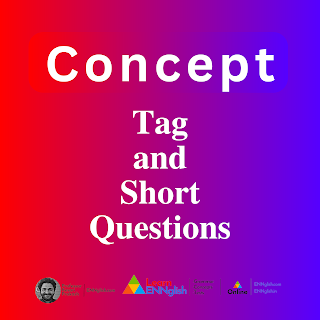
Questions play an important role in communication and can be used to gather information, confirm understanding, and establish relationships. Both short questions and tag questions play an important role in communication, and understanding the differences between them can help improve our ability to effectively communicate and understand others. 💁♂️Read More https://bit.ly/ENNglish-ShortQ
